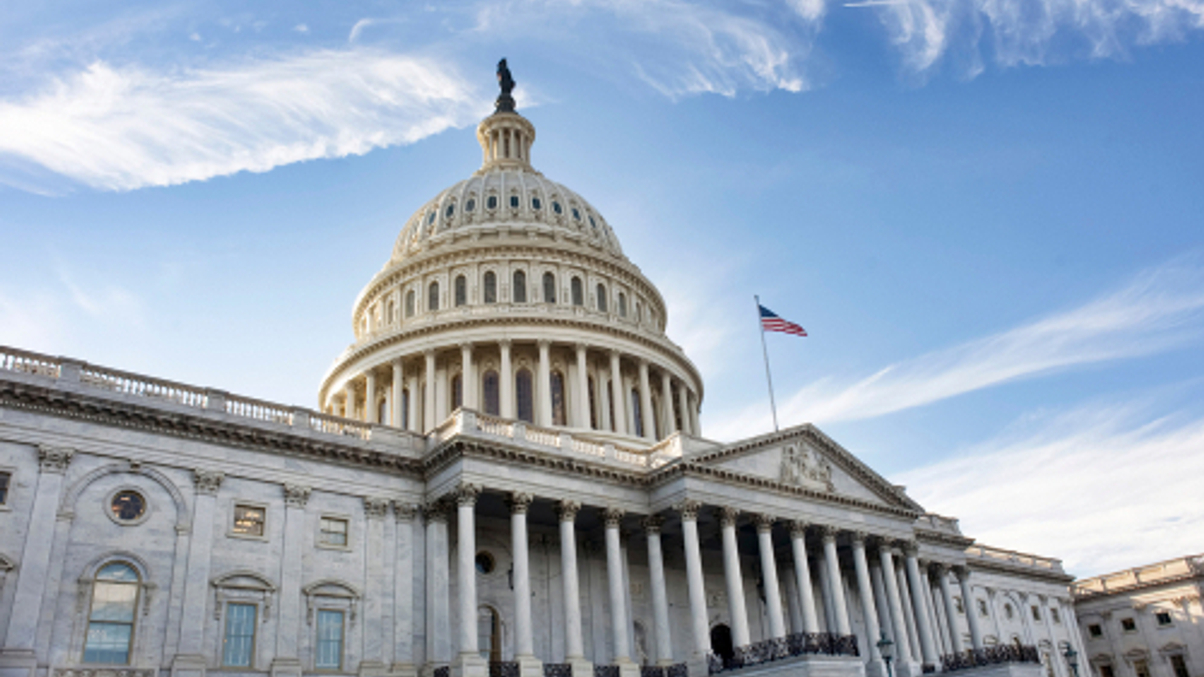Market Views: How Asian investors should assess the US midterm results
The Democratic Party kept its majority in the Senate while the Republican Party won back the House. AsianInvestor asked the market how one should view the coming two years in US politics from the standpoint of an investor.

Due to previous US midterm election results, it was a surprise that incumbent president Joe Biden’s Democratic Party was able to hold on to its majority in the US Senate, ensured by vice president Kamala Harris having the final vote in case of a 50-50 tie. The precedent was typically weak midterm elections for the ruling party that led to a loss of majority in Congress.
Sign in to read on!
Registered users get 2 free articles in 30 days.
Subscribers have full unlimited access to AsianInvestor
Not signed up? New users get 2 free articles per month, plus a 7-day unlimited free trial.
¬ Haymarket Media Limited. All rights reserved.


